Protein sources for a plant-based diet
Author: Daniel Agarwal
In a world where plant-based lifestyles are gaining momentum, the search for high protein food sources is only natural. We are told that we need meat or milk for stronger muscles and bones. While animal products are a viable protein source, there is a wide array of nutrient dense plant-based protein sources. Whether you‘re a seasoned vegan, a flexitarian exploring new options or simply curious about enriching your diet, this blog aims to guide you through some nutritious options.
1. Beans and Pulses
Pulses are a fairly large food group including beans (kidney, black, cannellini, mung, etc.), chickpeas, lentils and peas. They boast high amounts of protein and fibre. For example a portion of lentils boasts around 9g of protein. Each pulse has it’s own unique nutritional profile but you can expect minerals and vitamins such as iron, phosphorus, zinc, magnesium and folate from them. Consuming at least 3 heaped tablespoons of a pulse already contributes to one of your five a day.
However, their advantages don’t end there. The United Nations recommends pulses because of their environmental benefits. Pulses are very water efficient and can boost soil fertility through their nitrogen-fixing capabilities. This can reduce the dependence on artificial fertilizers which are often associated with water pollution.
2. Soy products
Soy products such as tofu, tempeh or edamame are often the first thing that springs to mind, when thinking of plant protein sources. Soy beans are considered a pulse but in contrast to many other plant-based protein sources, soy products are complete proteins with all 9 essential amino acids. Firm tofu is more dense (i.e contains more soy bean) so it typically contains more protein than the more water-based silken tofu. 100g of firm tofu approximately contains 17g of protein. Soy products also are rich in minerals including calcium (fortified options), manganese and iron.
Many people argue that soy is a great driver of deforestation in rainforests, which would not be wrong. However, the WWF states that almost 80% of soy is fed to livestock. Therefore, the majority of soy we produce is consumed indirectly through animal products. In order to lessen your environmental impact you can reduce meat consumption and include more plant-based protein sources in your diet. When buying soy products always check for fairtrade or eco-labels.
3. Nuts and Seeds
Both nuts and seeds can be great foods to boost your protein intake and cover your nutritional needs. Some staples include, pumpkin seeds, sunflower seeds, sesame seeds, almonds, cashews or pistachios. Contrary to popular belief, peanuts are actually not nuts but legumes. However, they share a similar nutritional profile to tree nuts. Nuts and seeds are often rich in minerals such as, zinc, iron, calcium and magnesium. They are also rich in vitamin E, B vitamins and folate. Adding, for example, some nuts or seeds to your cereal or pasta are great ways to introduce extra minerals and vitamins to your meals. Walnuts, chia seeds and flax seeds even contain heart-healthy omega-3 fats which may lower your risk for heart disease.
4. Grains and Quinoa
Even though quinoa is often served in a similar way to grains such as rice, it is technically a seed. This is reflected in it’s high protein content. A cup of cooked quinoa provides around 8g of complete protein. Furthermore, quinoa contains vitamin B1, folate, manganese, magnesium and iron. It also offers a relatively high fibre content in comparison to other grains. Fibre helps maintain bowel health, controls blood sugar levels, lowers “bad” cholesterol and helps our gut microbiome flourish. According to Cancer Research UK, the consumption of fibre is associated with a lower risk of bowel cancer. The NHS recommends a daily intake of 30g of fibre, which most adults do not reach (20g on average).
However, even traditional grains can offer decent amounts of protein. Oats, amaranth or wholewheat bread can all contribute to your daily protein needs, as well as adding some extra fibre to your diet.
Conclusion
In conclusion, there is no shortage of nutritious plant protein options. They aren’t just sources of protein but are bountiful in antioxidants, fibre, minerals and vitamins. Experiment with them, and don’t forget the importance of combining different sources for a well-rounded diet. If you are interested in raising your protein intake even further, consider trying our Feisty protein sodas with 12g of sustainable pea protein. Remember vegan or not, anyone can profit from more plant-based protein.
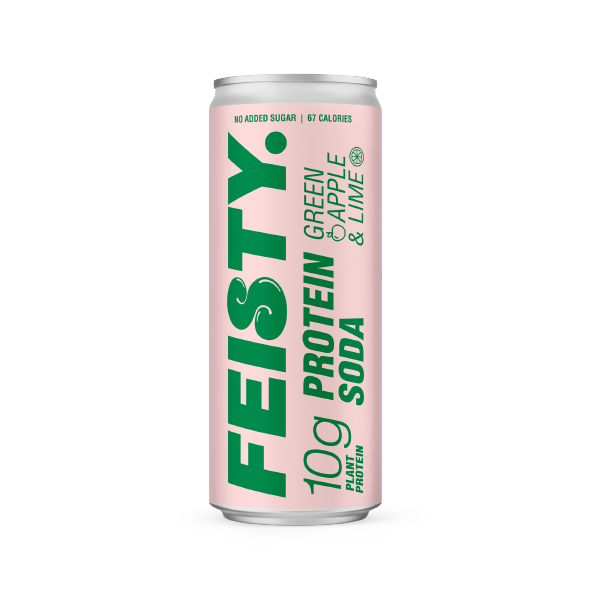
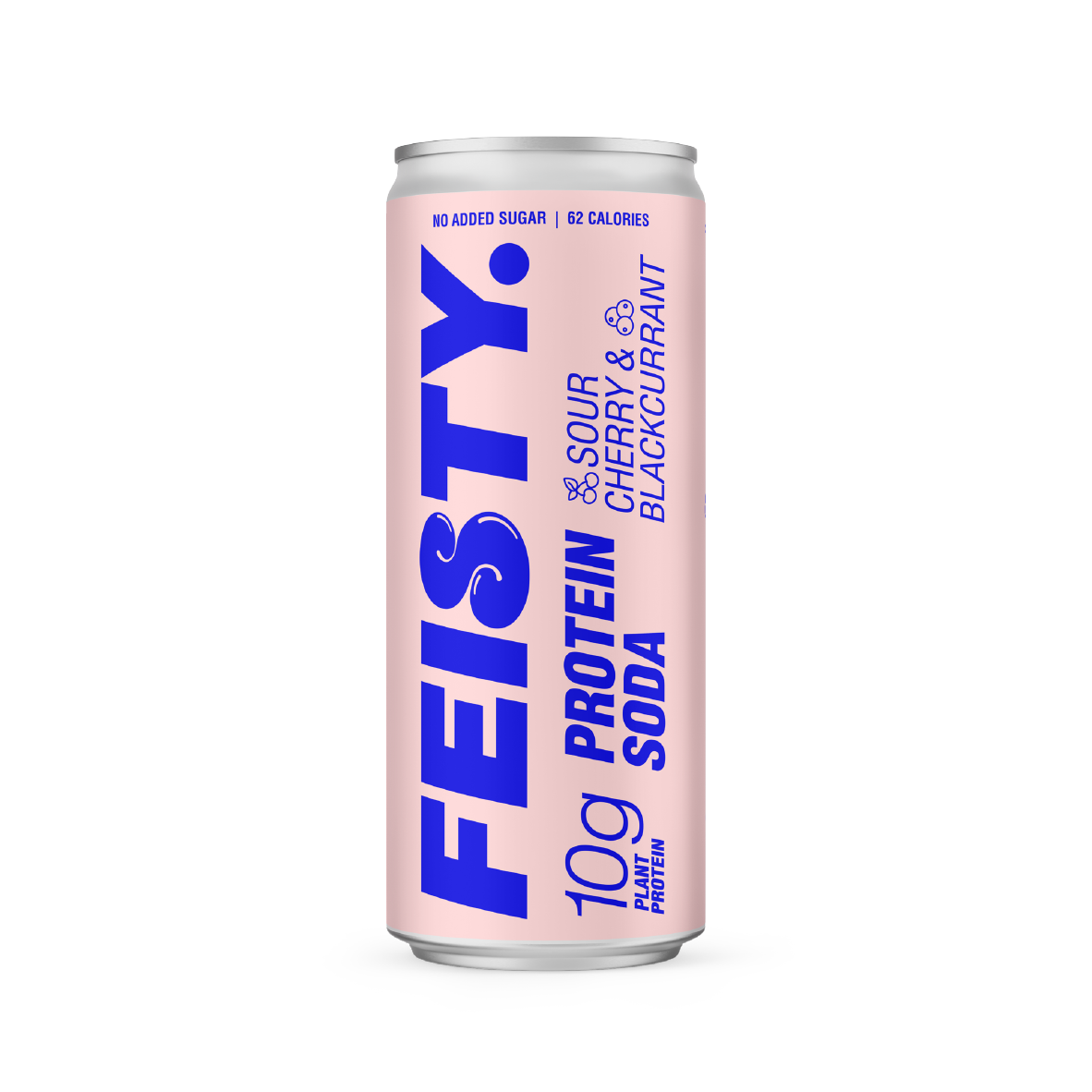
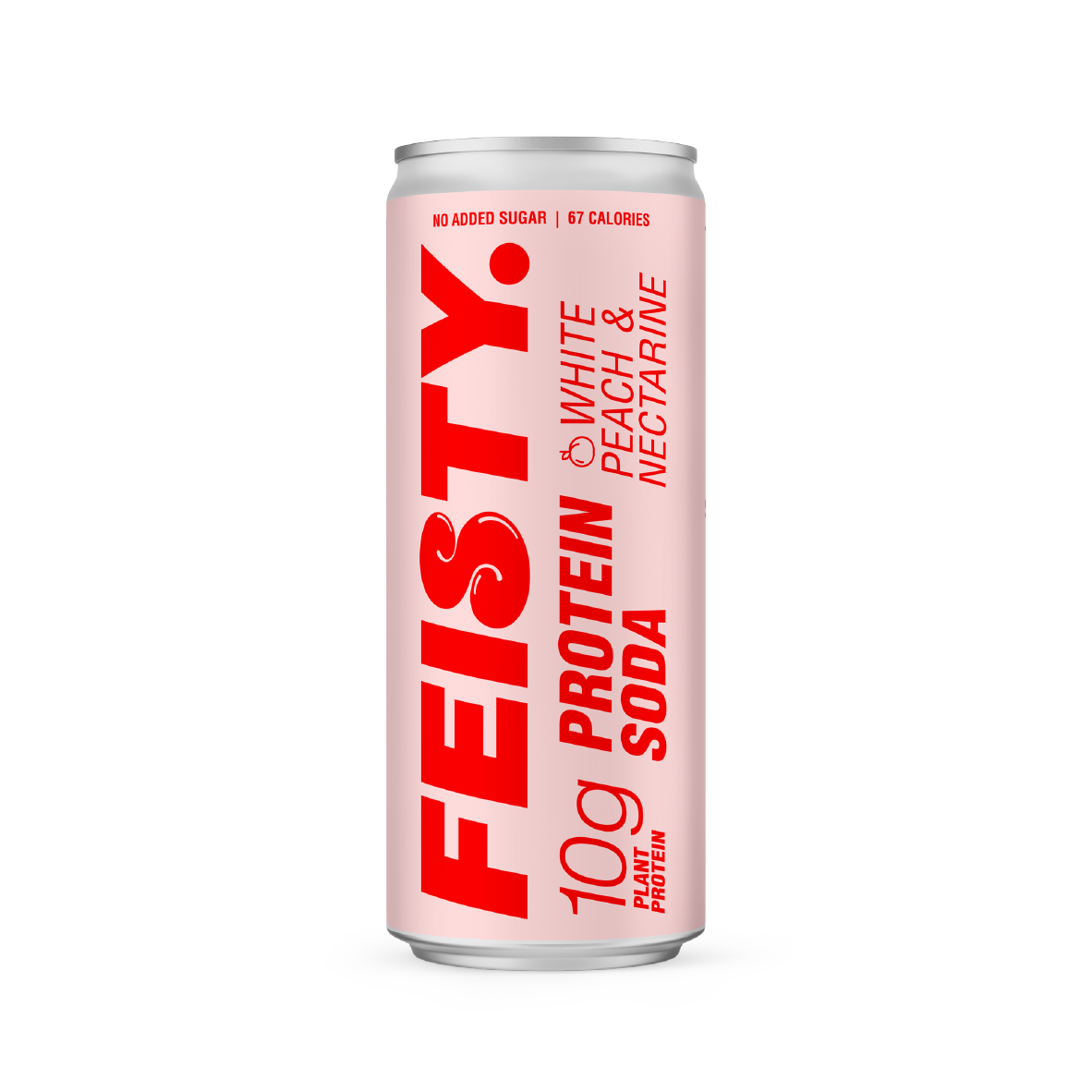
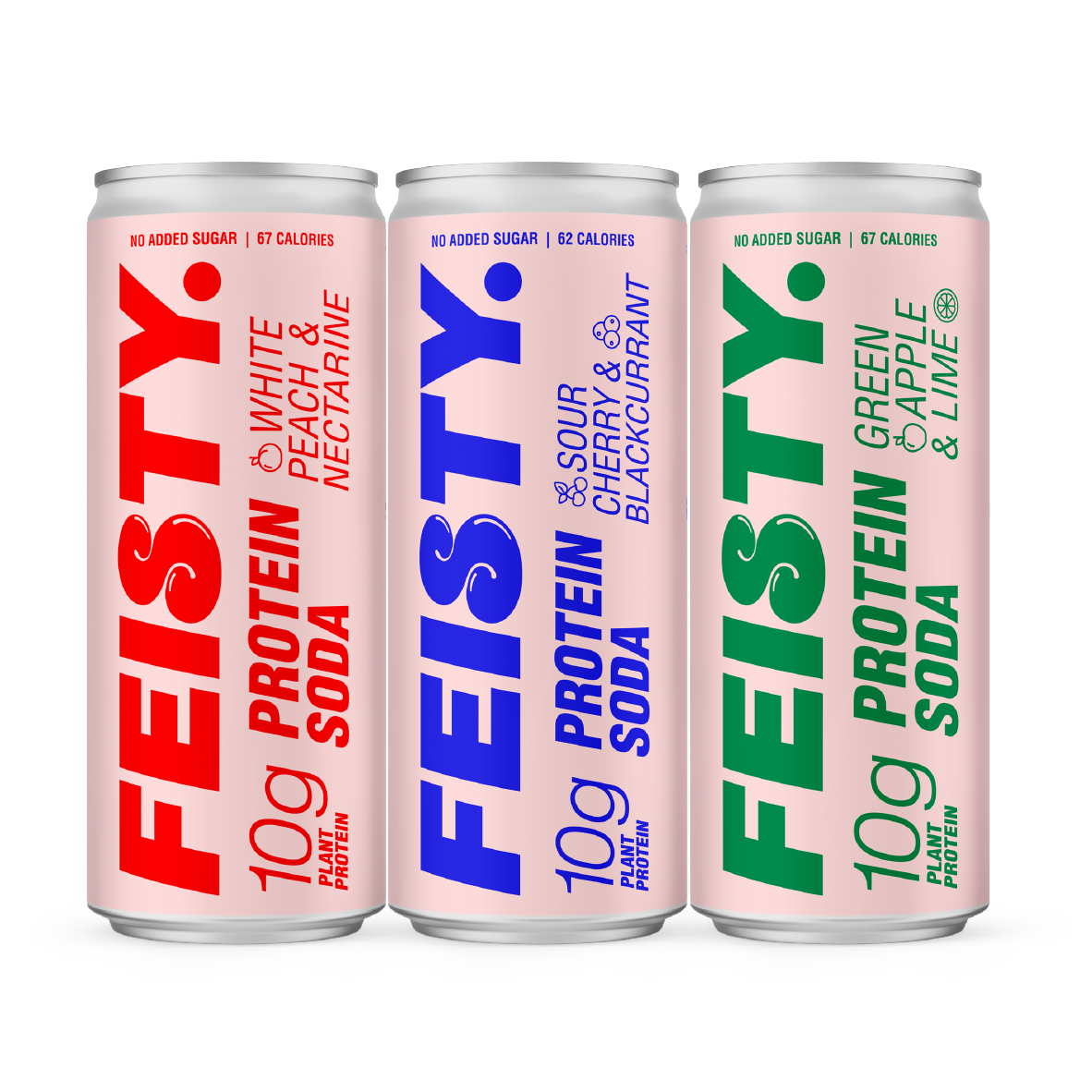
![Sicilian Lemon Lime Protein Soda [Limited edition]](http://feistydrinks.com/cdn/shop/files/FeistyDrinksProteinSoda10gramsSicilianlimelemon2_b8acb0e3-899b-45f9-bd87-d4215b80646d.jpg?v=1739397526&width=3000)
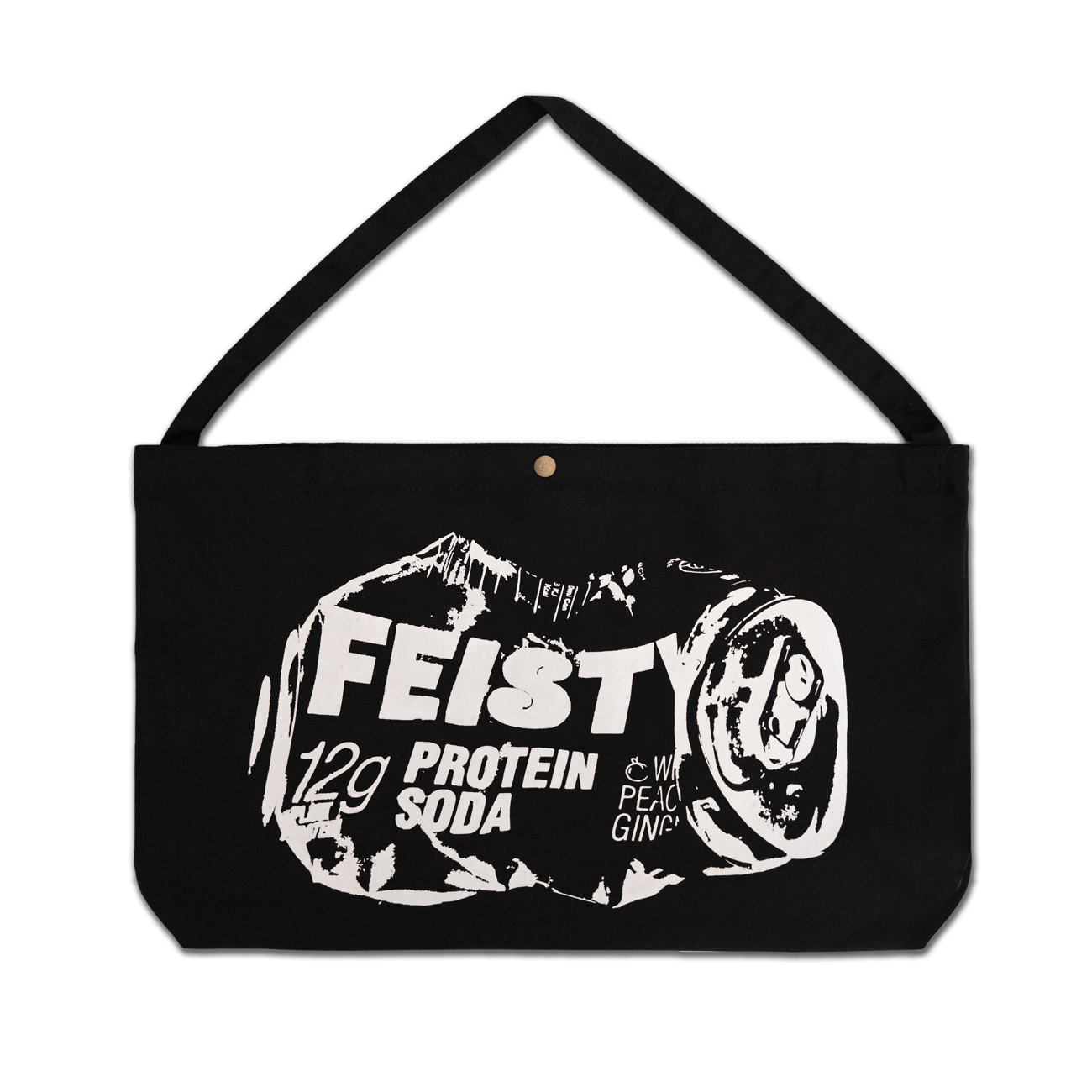
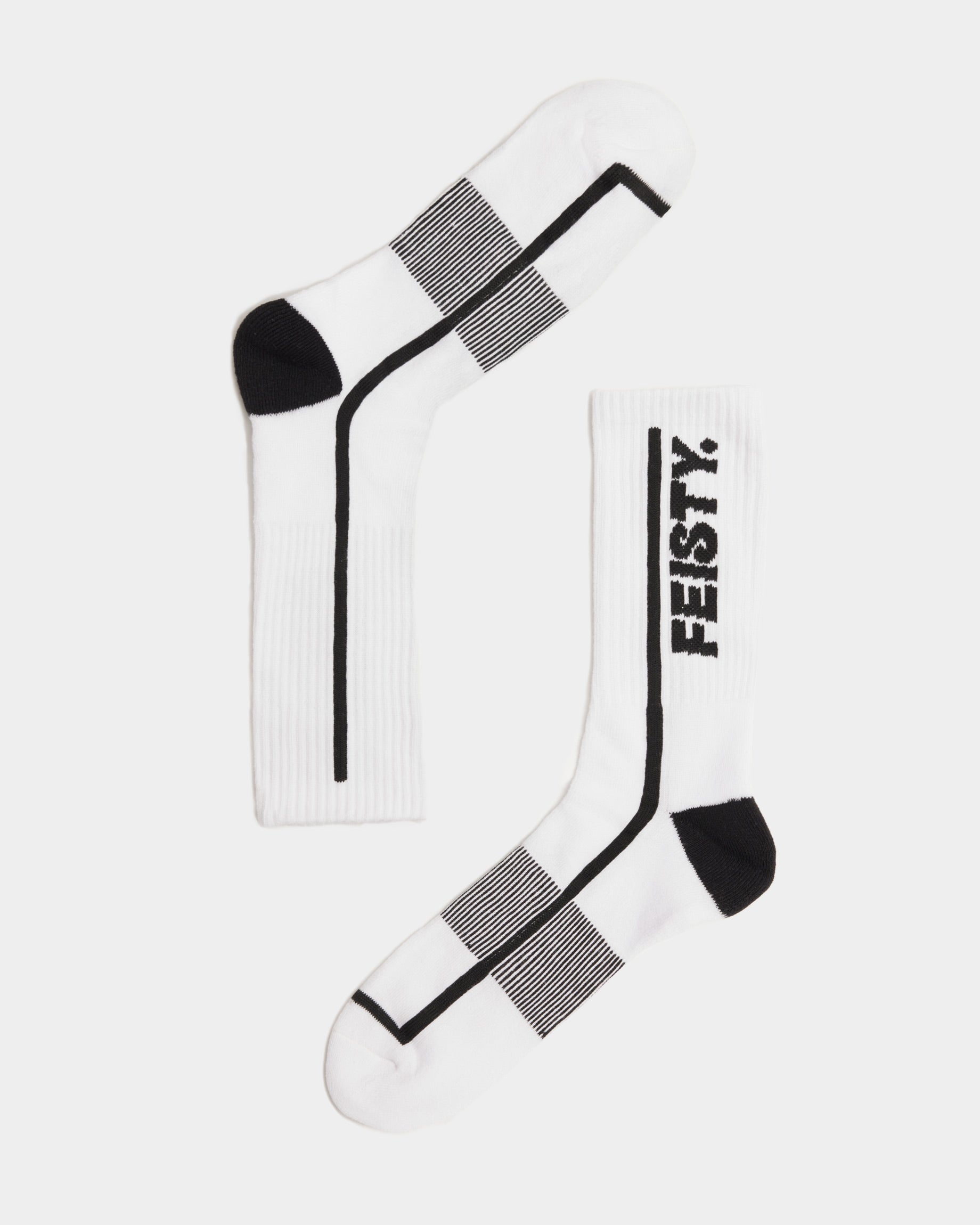

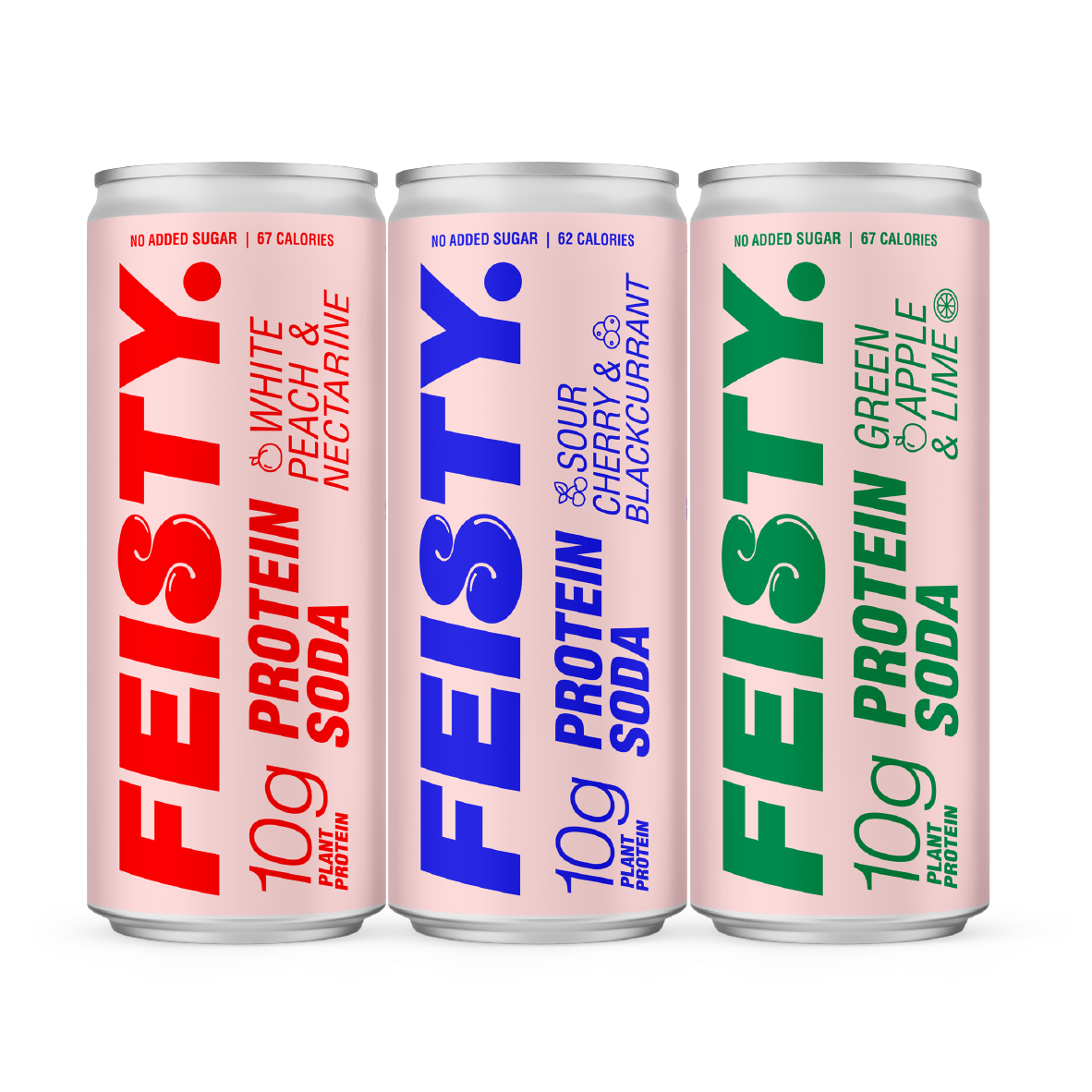
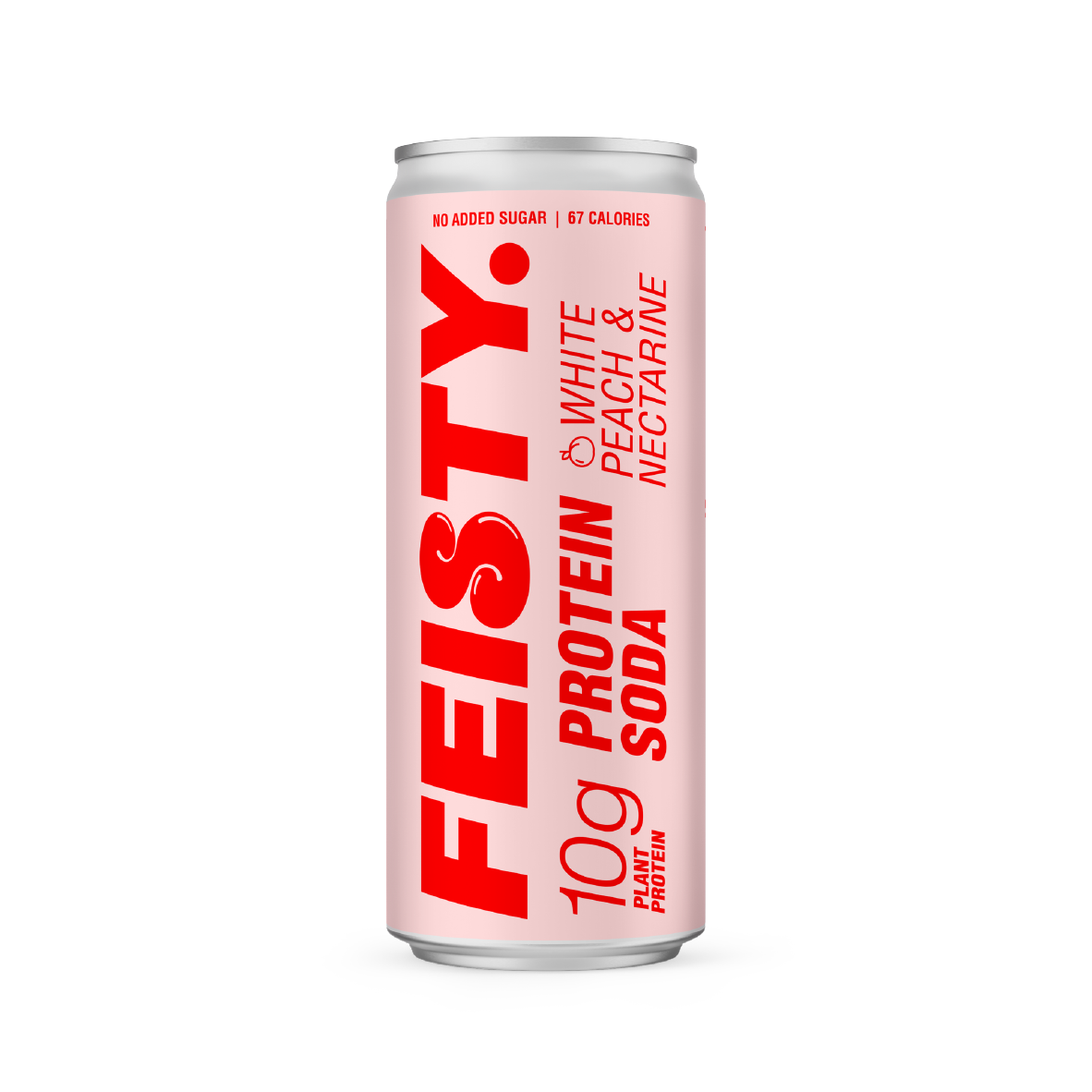
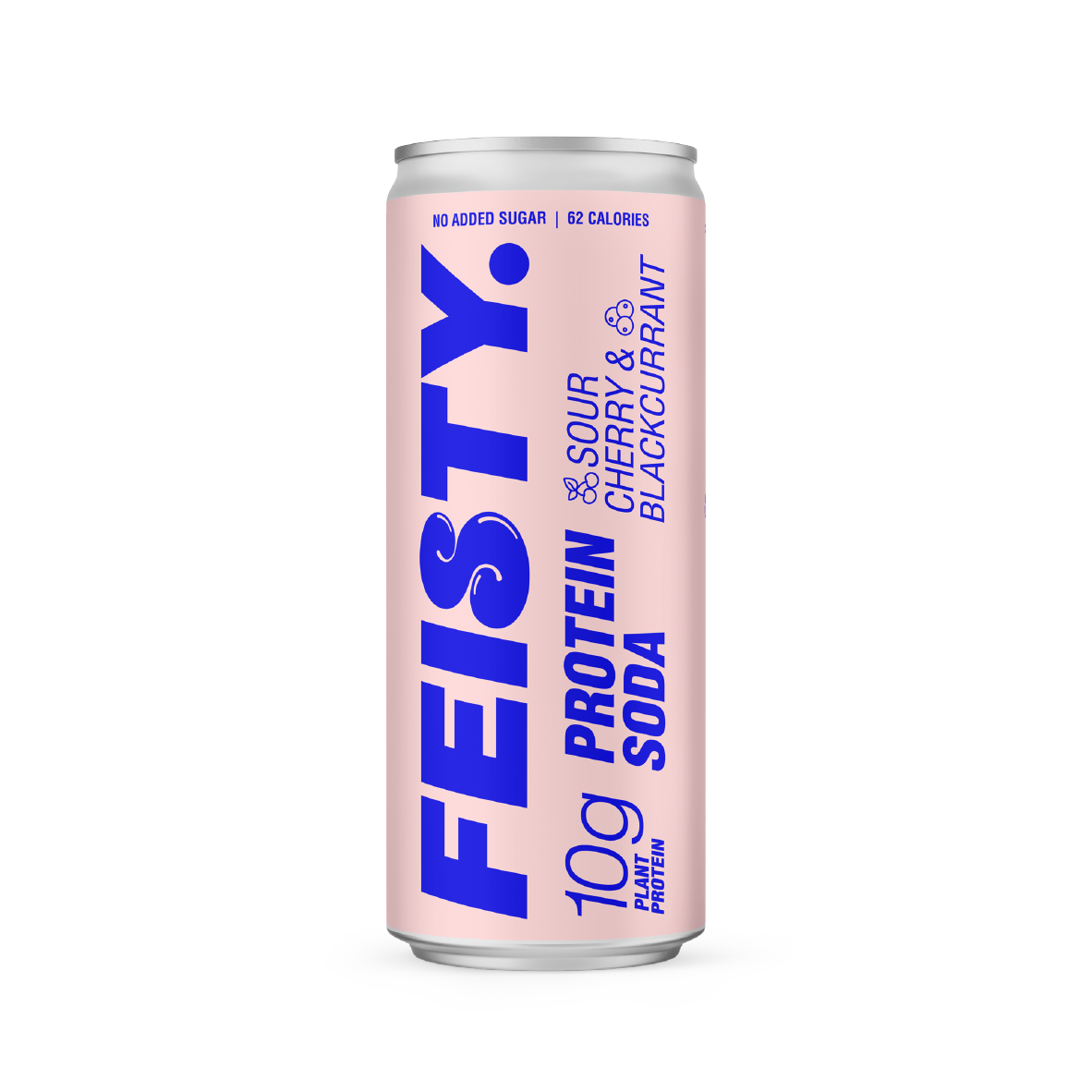
![Sicilian Lemon Lime Protein Soda [Limited edition]](http://feistydrinks.com/cdn/shop/files/FeistyDrinksProteinSoda10gramsSicilianlimelemon2_b8acb0e3-899b-45f9-bd87-d4215b80646d.jpg?v=1739397526&width=2000)
